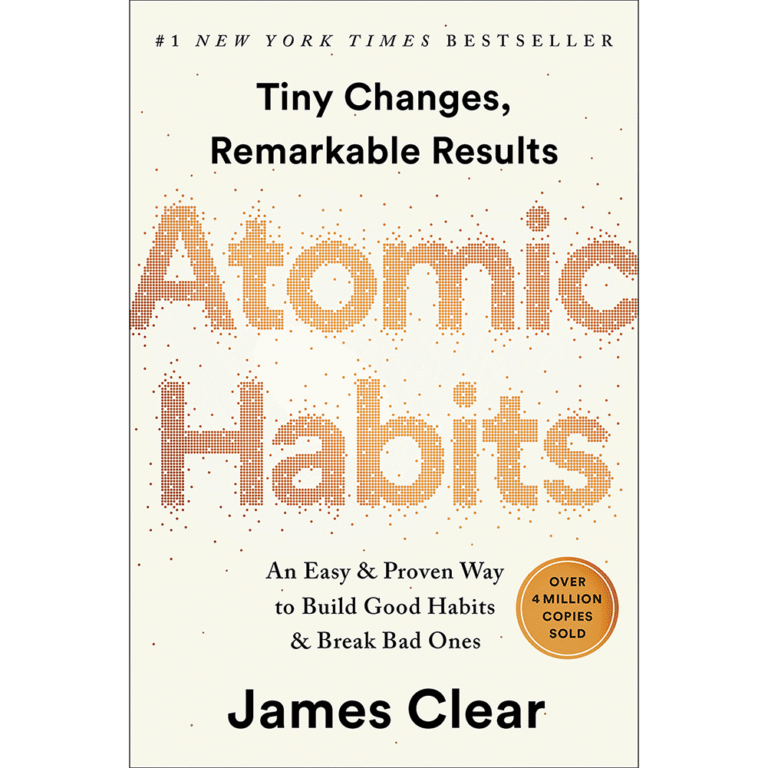Grow Your Wealth, Not Your Tax Bill: Insights from Tax-Free Wealth
Tom Wheelwright’s Tax-Free Wealth is one of those rare finance books that manages to be both accessible and eye-opening, especially for entrepreneurs, investors, and anyone serious about building wealth legally and strategically. As a CPA and member of Robert Kiyosaki’s Rich Dad Advisor team, Wheelwright brings an insider’s understanding of the U.S. tax code, and in this book, he lays out a surprisingly optimistic message: taxes don’t have to be your enemy. In fact, with the right knowledge, they can be one of your greatest tools for wealth creation.
What I found most compelling about Tax-Free Wealth was how clearly and practically Wheelwright outlines the idea that the tax code is not just a list of punishments, it’s a set of incentives. His central thesis is that governments use the tax code to encourage specific behaviors that support the economy: creating housing, building businesses, investing in energy, providing jobs, and more. If you align your financial activities with these government-backed goals, you’re not avoiding taxes, you’re taking advantage of the legal opportunities built into the system. And according to Wheelwright, this can legally reduce your tax liability to near zero in some cases.
The book is packed with specific examples that drive home just how powerful strategic tax planning can be. Whether you’re a small business owner, a real estate investor, or even just a W-2 employee with entrepreneurial ambitions, Wheelwright lays out actionable strategies that go far beyond typical tax-time advice. He dives into depreciation schedules, entity structures, and tax credits with a clarity that makes these complex topics not just understandable, but exciting.
That said, this is not a DIY tax book, and it’s important to approach it with the right mindset. While Wheelwright encourages readers to take control of their tax planning and to think like a wealthy person, he also has a battle-ready attitude toward the IRS that may not suit everyone. His confidence in facing down audits and challenges is admirable but it’s not the kind of thing most people want to emulate directly. For the average reader, his aggressiveness might seem risky, especially if taken without professional guidance.
That’s my one caution: as inspiring and educational as Tax-Free Wealth is, following the advice without working closely with a tax professional would be ill-advised. Wheelwright is writing from the perspective of someone who is deeply embedded in the tax world and who thrives on the intricacies and legal skirmishes that may come with aggressive planning. Most readers, myself included, would prefer a more balanced, cautious application of the strategies he lays out.
Still, Tax-Free Wealth is an excellent resource—thought-provoking, actionable, and grounded in a philosophy of proactive, intentional wealth-building. It re-frames taxes from a burden to a business tool, and for that reason alone, it’s worth reading. Whether you apply 10% or 90% of the advice, this book will change how you think about taxes and how you use them to build a better financial future.
Check out the Tax-Free Wealth on Amazon.




